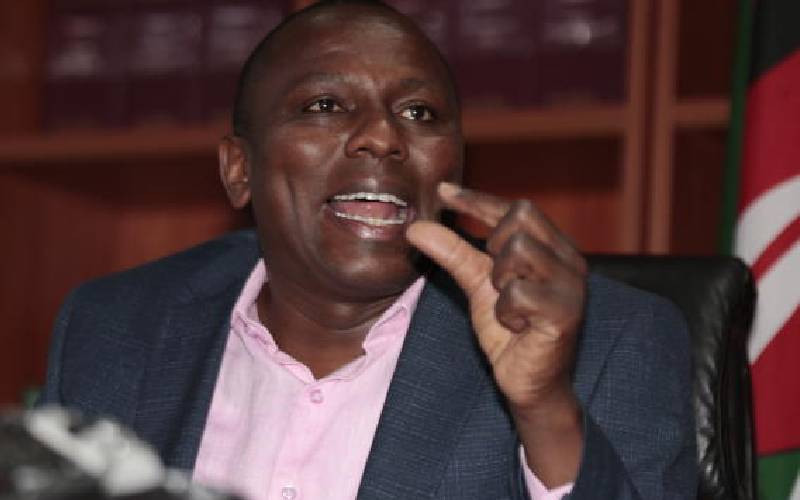
National Assembly Majority leader Kimani Ichungwa has gone hammer and tongs at ACK Archbishop Josephat Ole Sapit for allegedly using abusive language against the government. Mr Ichungwah, without explicitly stating so, called Sapit and Catholic Bishop Anthony Muheria opposition sympathisers for speaking the truth to the government. Nothing could be further from the truth than this. The legislator took umbrage after Sapit told government officials to stop engaging in political rhetoric and prioritise the welfare of the people.
Particularly, Sapit wanted the government to act to shield citizens from the danger posed by the looming El Nino rains. We do not know exactly why anyone would take offense over such remarks. While there is no doubt that the government is working, there is a general feeling that it is punching below its weight. In fact, many Kenyans feel that nothing much is being done to fulfill Kenya Kwanza's pre-election promises.